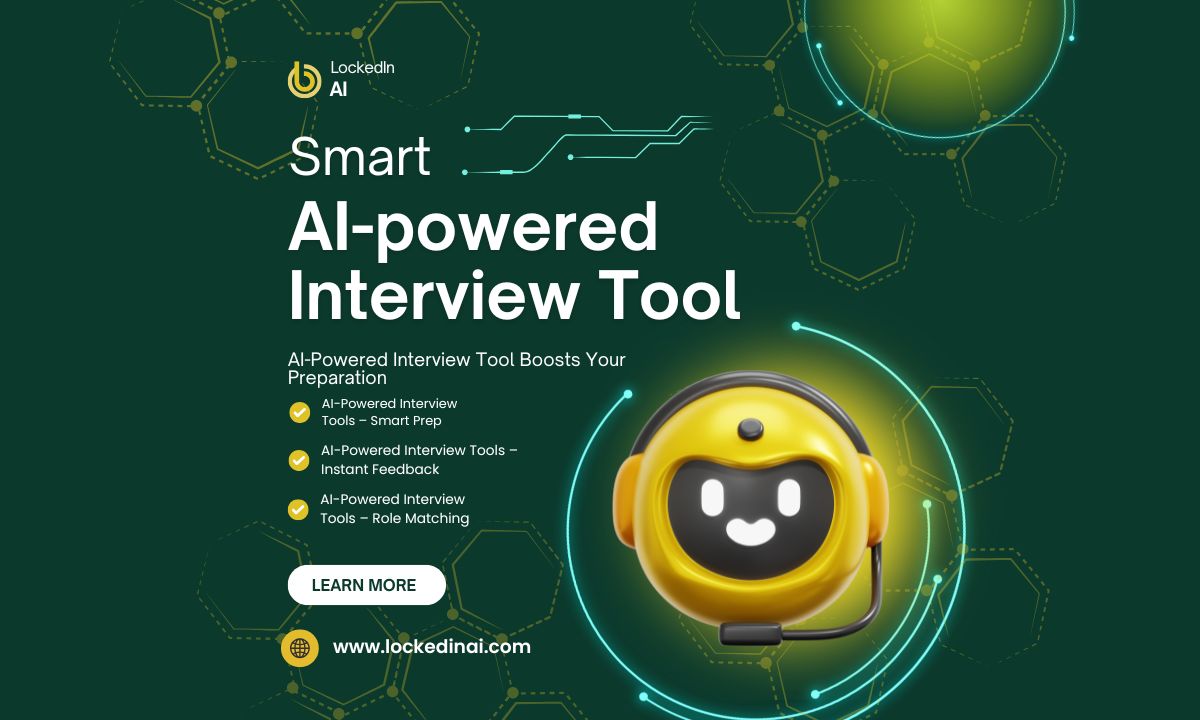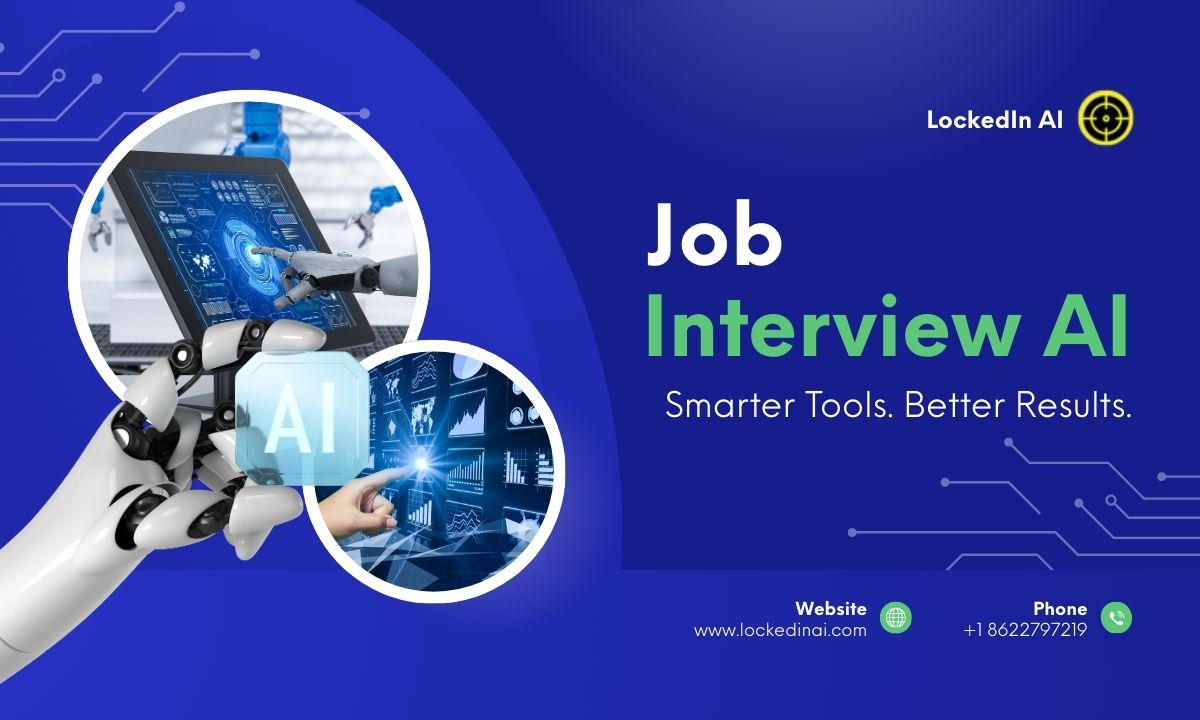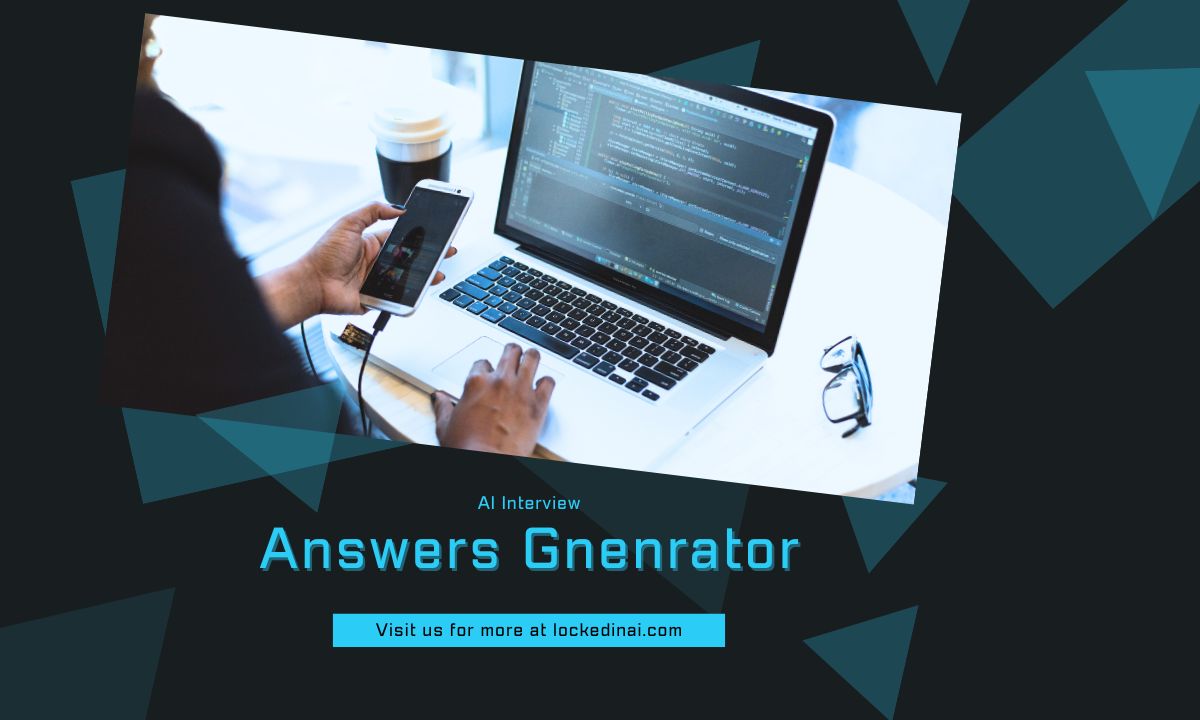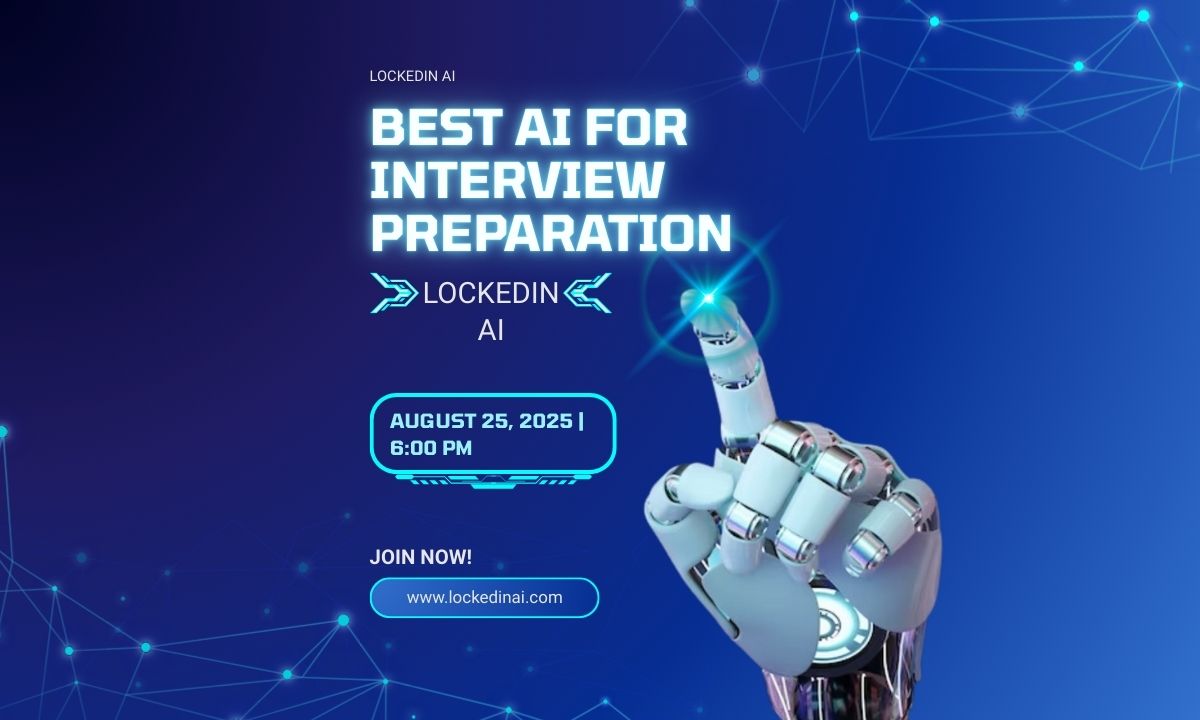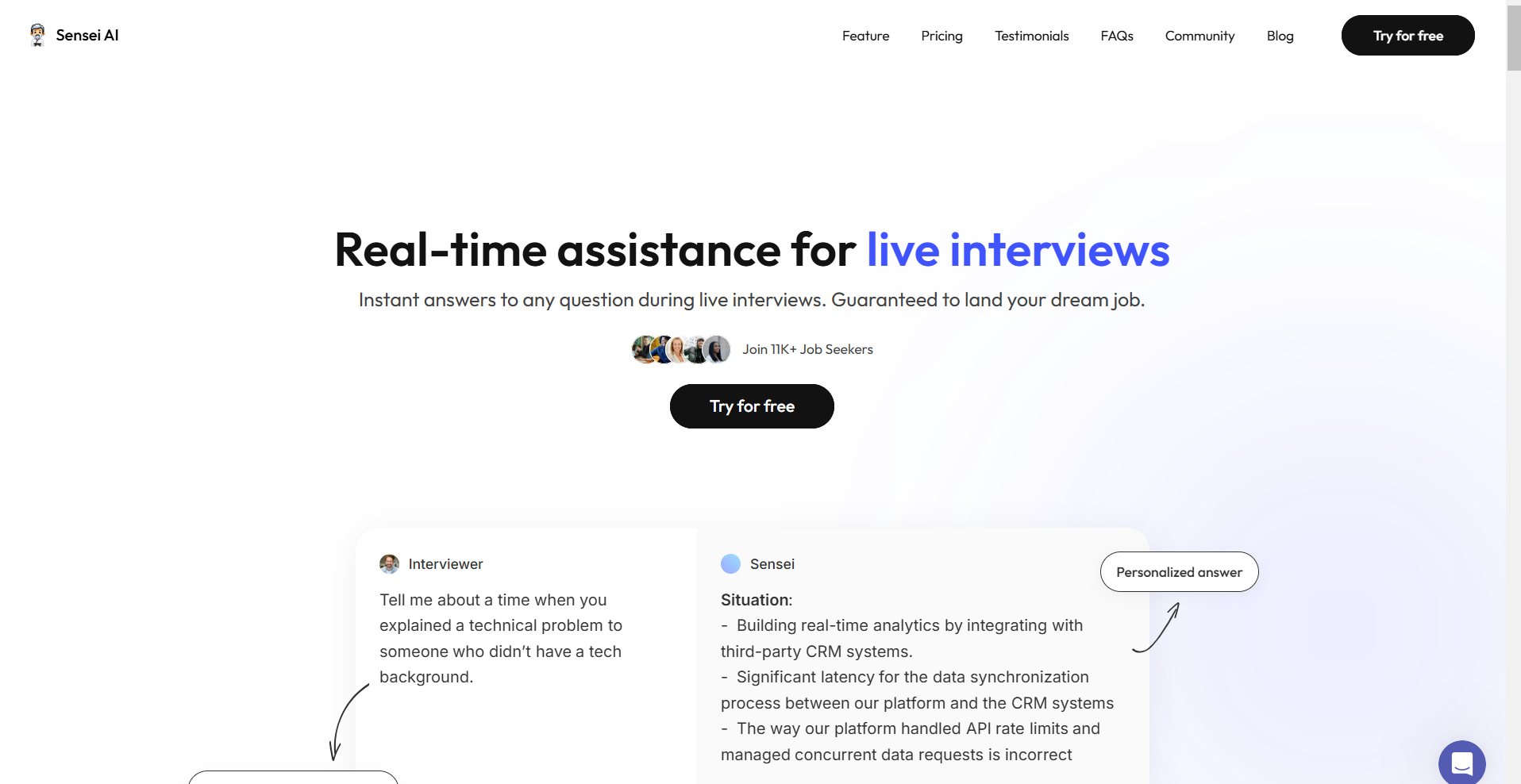Artificial Intelligence (AI) has become a game-changer across industries, powering solutions that enhance productivity, streamline workflows, and offer valuable insights. Among these tools is Sensei AI, which claims to bring revolutionary AI-powered capabilities to the table. However, upon closer inspection, it becomes evident that Sensei AI falls short in several critical areas, making it less appealing compared to its competitors.
Limited Customization Options
One of the most glaring issues with Sensei AI is its lack of flexibility when it comes to customization. Modern businesses require AI tools that adapt to their specific needs, workflows, and industries. Unfortunately, Sensei AI offers a rigid framework, leaving users with limited options to tweak the platform according to their unique requirements. This can hinder adoption and efficiency, especially for businesses operating in niche markets.
Inconsistent Performance
AI tools are expected to deliver consistent and reliable results, but Sensei AI seems to falter in this aspect. Users have reported inconsistent outputs, where the tool struggles to maintain accuracy and relevance in its predictions and analytics. This lack of dependability raises concerns, especially for enterprises relying on precise data to make critical decisions.
Steep Learning Curve
Another drawback of Sensei AI is its complex interface and steep learning curve. While advanced functionality is appreciated, it should not come at the expense of user-friendliness. Many users have found the platform intimidating and time-consuming to learn, which can delay onboarding and reduce overall efficiency.
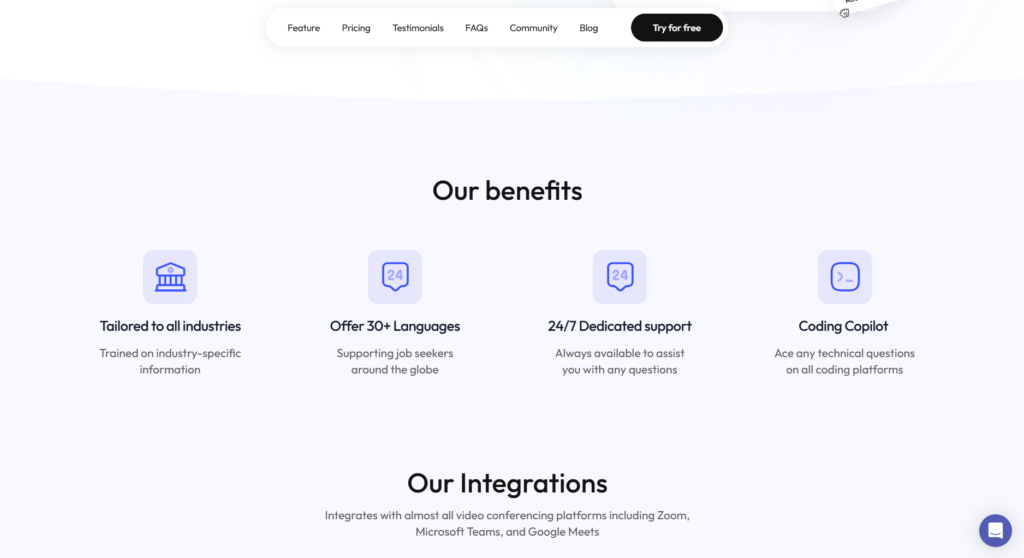
Limited Integration Capabilities
In today’s interconnected digital landscape, seamless integration with other tools and platforms is non-negotiable. Unfortunately, Sensei Copilot integration capabilities are limited, making it challenging for businesses to incorporate it into their existing tech ecosystems. This restriction forces users to work around the tool’s limitations, rather than having it complement their workflows.
Overpriced for Its Offerings
Pricing is another area where Sensei Copilot falls short. Compared to its competitors, the platform is relatively expensive, yet it doesn’t justify the cost with groundbreaking features or unparalleled performance. Businesses seeking cost-effective solutions may find better value elsewhere.
Lack of Robust Support
Customer support is a critical component of any software service, and this is yet another area where Sensei Copilot struggles. Users have reported delayed responses and unhelpful resolutions from the support team, which can be frustrating during urgent situations.
Better Alternatives to Sensei AI
Given these shortcomings, it’s worth considering alternatives to Sensei Copilot that offer superior performance, better customization, and more value for money. Tools like ChatGPT, Jasper AI, and Bard provide more user-friendly interfaces, consistent performance, and robust integrations, making them better choices for businesses seeking reliable AI solutions.
Final Verdict
While Sensei AI may work for certain users with very basic needs, it’s hard to ignore its significant limitations. From its lack of customization and inconsistent performance to its steep pricing and limited integration capabilities, Sensei Copilot leaves much to be desired. For businesses seeking cutting-edge AI solutions, exploring alternatives that offer greater functionality and support is highly recommended.

